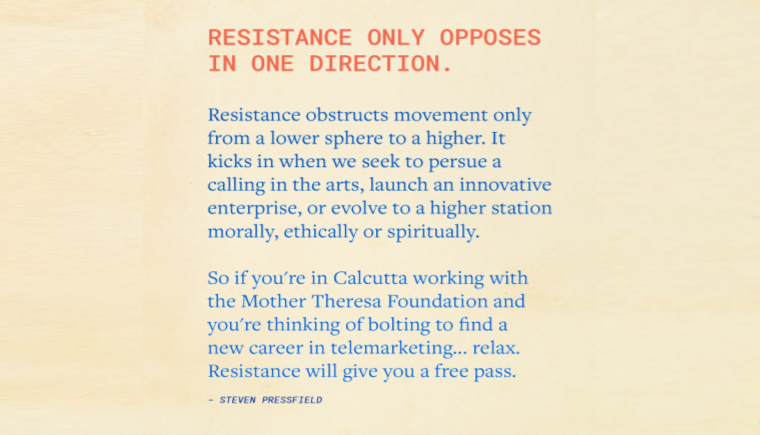
Email is great for admin. But when it comes to delivering feedback, opt for a phone call or face-to-face.
I started touring colleges this past week with my oldest son, a high schooler who’s pretty curious about the whole college experience.
I was excited about the first college we toured; I felt it suited him perfectly. We’d watched a few videos on YouTube about the school and its programs, as well as attended a virtual tour. When we got there, the first impression of the institution was solid but, within minutes, I hate to say it, the cracks in the veneer began to show.
I won’t go into details (discretion is the better form of valor), but I will say that I went from a huge fan of the college to a critical evaluator of the institute and its programs.
I started to write an email to admissions to let them know a few of my gripes, quips, and disappointments. Once the note was complete, and before I hit “send,” I re-read what I wrote and decided to hit delete. My note felt snarky and the tone just didn’t seem right. The feedback I wanted to share didn’t seem helpful and it just wasn’t meant for an email.
I opted for a phone call instead. Rather than a one-sided note flung through cyberspace, I felt that a conversation would be a better medium – it’d convey my respect, interest in helping improve the admissions process, and share helpful insight into my observations. (The call’s scheduled for this week.)
This brings me to the point of this email. I know many of us like to share feedback with others via email. I get it entirely – it feels safer to articulate our words in text and hit send than to have a face-to-face where conflict or disagreement might ensue. But have you ever thought that constructive feedback through this medium isn’t caring and can be misconstrued?
Here’s the deal – email is great for admin. You’ll need, though, either a phone call or a face-to-face when the following criteria apply:
- You have to say something that could be taken the wrong way
- You have critical/constructive feedback to deliver
- There are stakes involved in the dialogue
- You don’t want what you intend to put in writing to be printed and/or forwarded
- The other person might feel disrespected if you don’t talk to them directly
Delivering feedback in this manner can be difficult … I know. Sometimes it’s hard to follow my own advice. But there are times when we have to remind ourselves that we’re leaders. Leaders do the hard stuff because they recognize that when things are uncomfortable, they’re stretching, growing, and probably doing the right thing.
Join tens of thousands of subscribers who receive our free Leadership Moments – quick, actionable leadership guidance delivered to your inbox every Monday.















